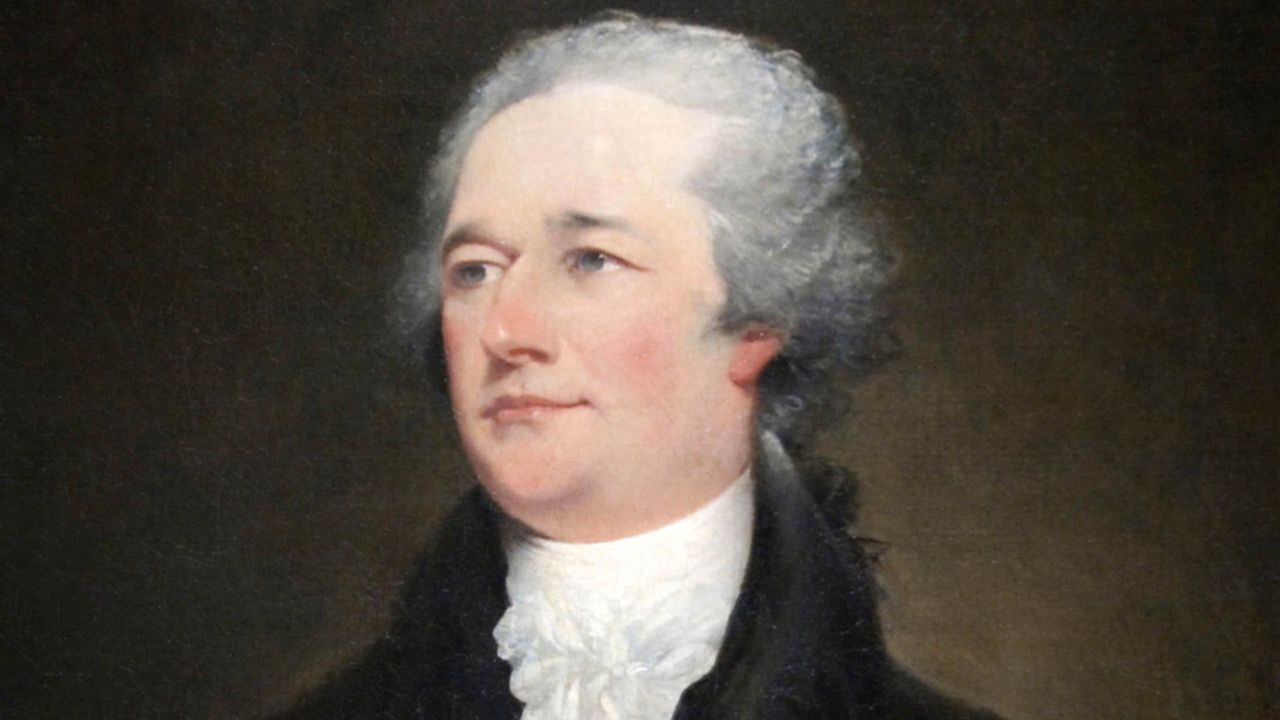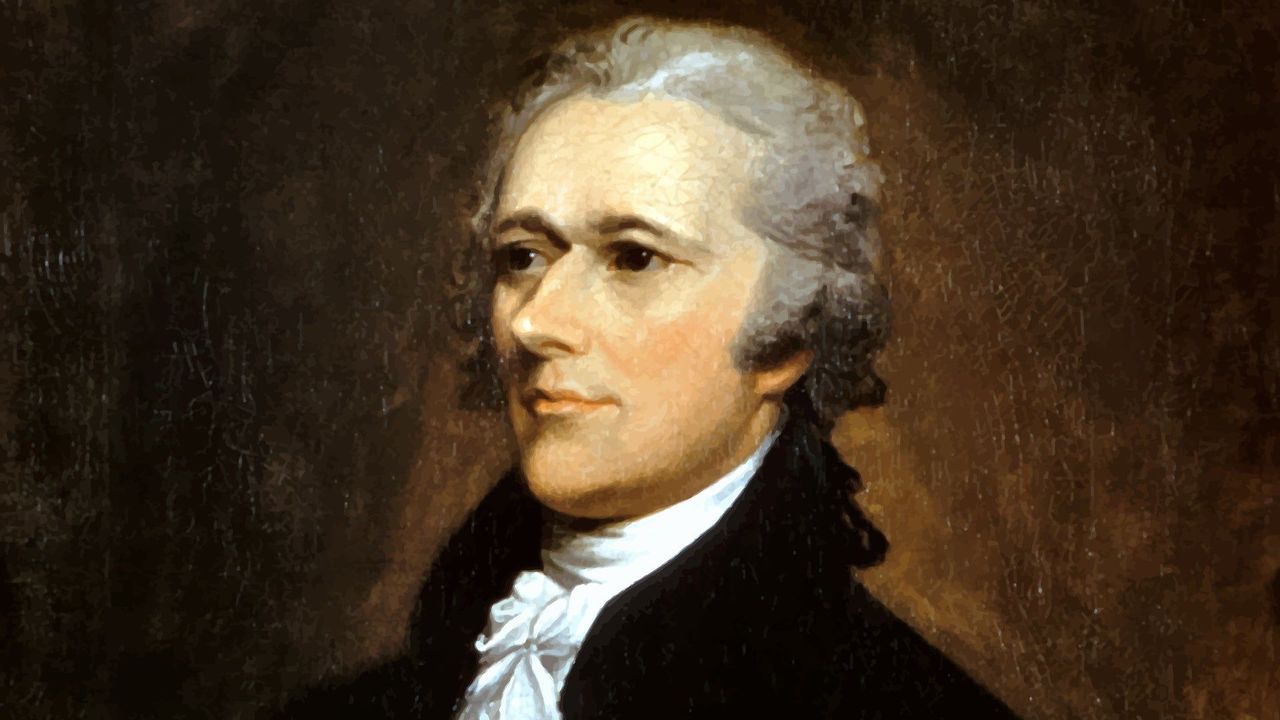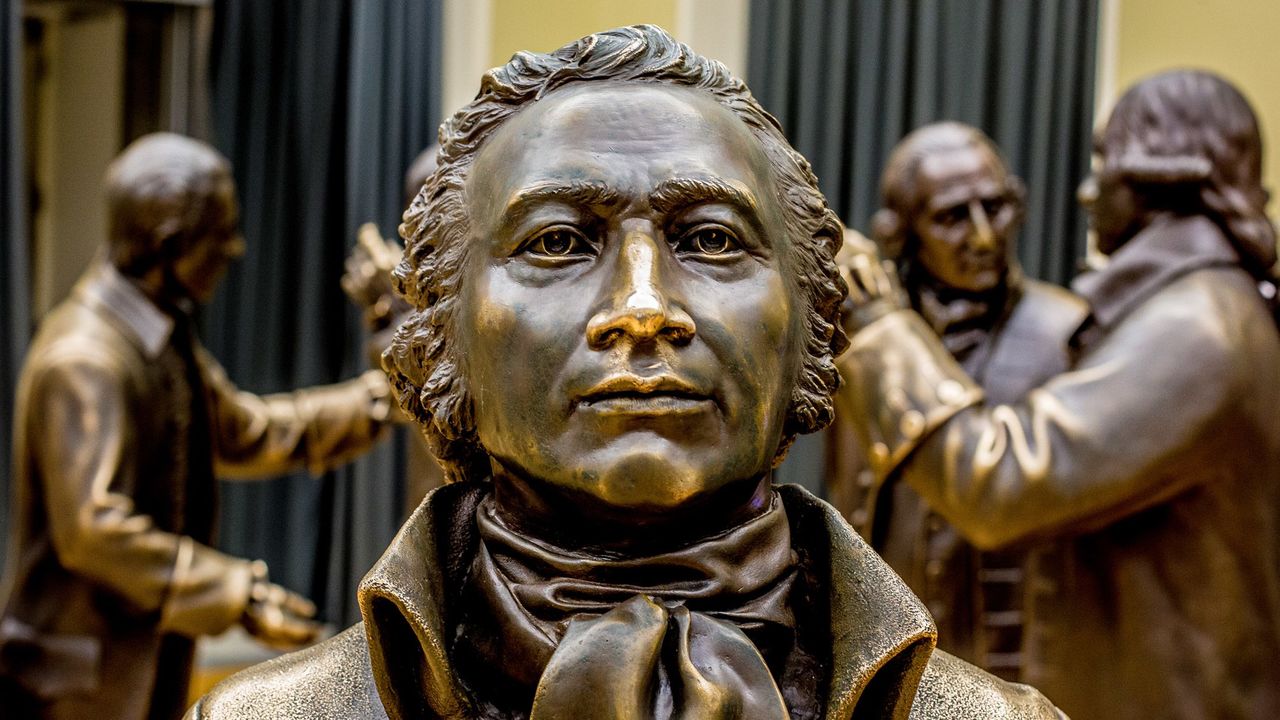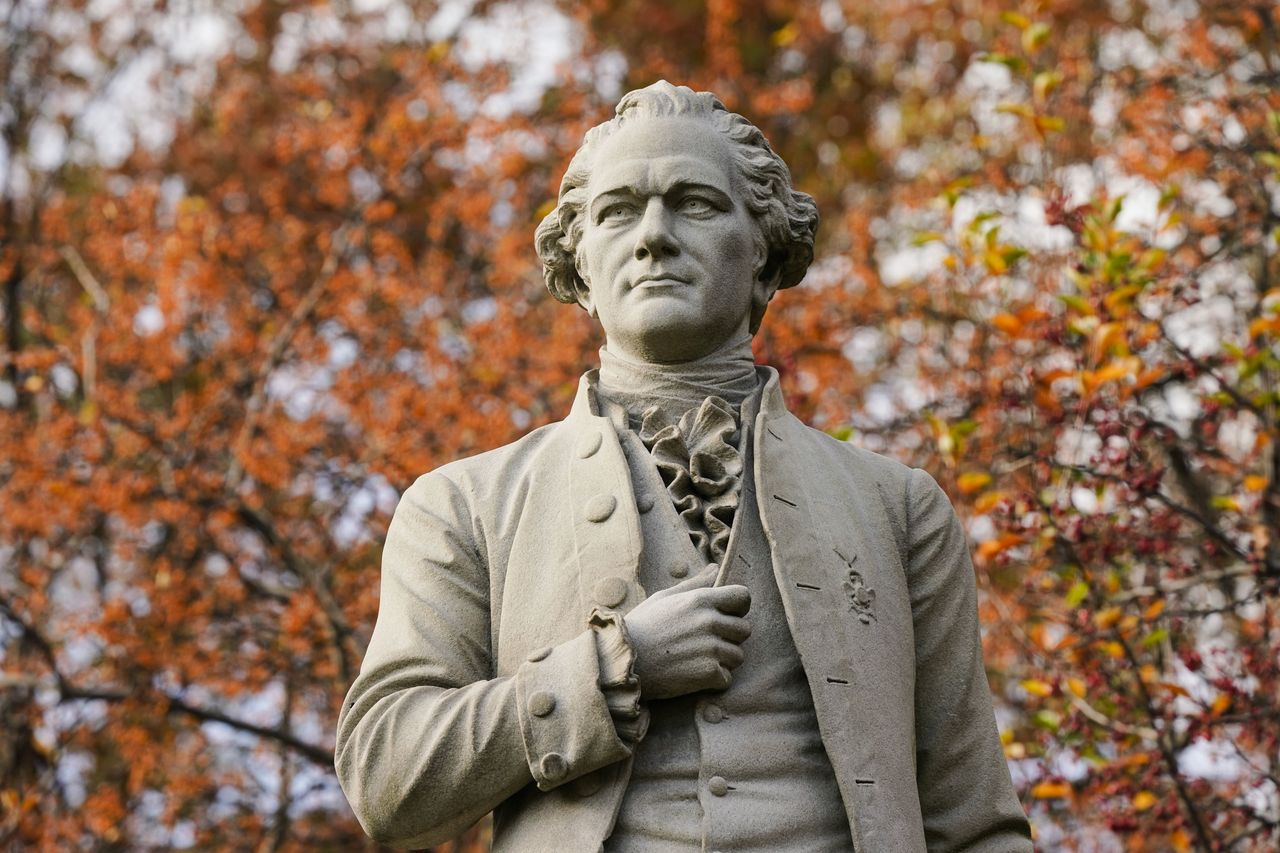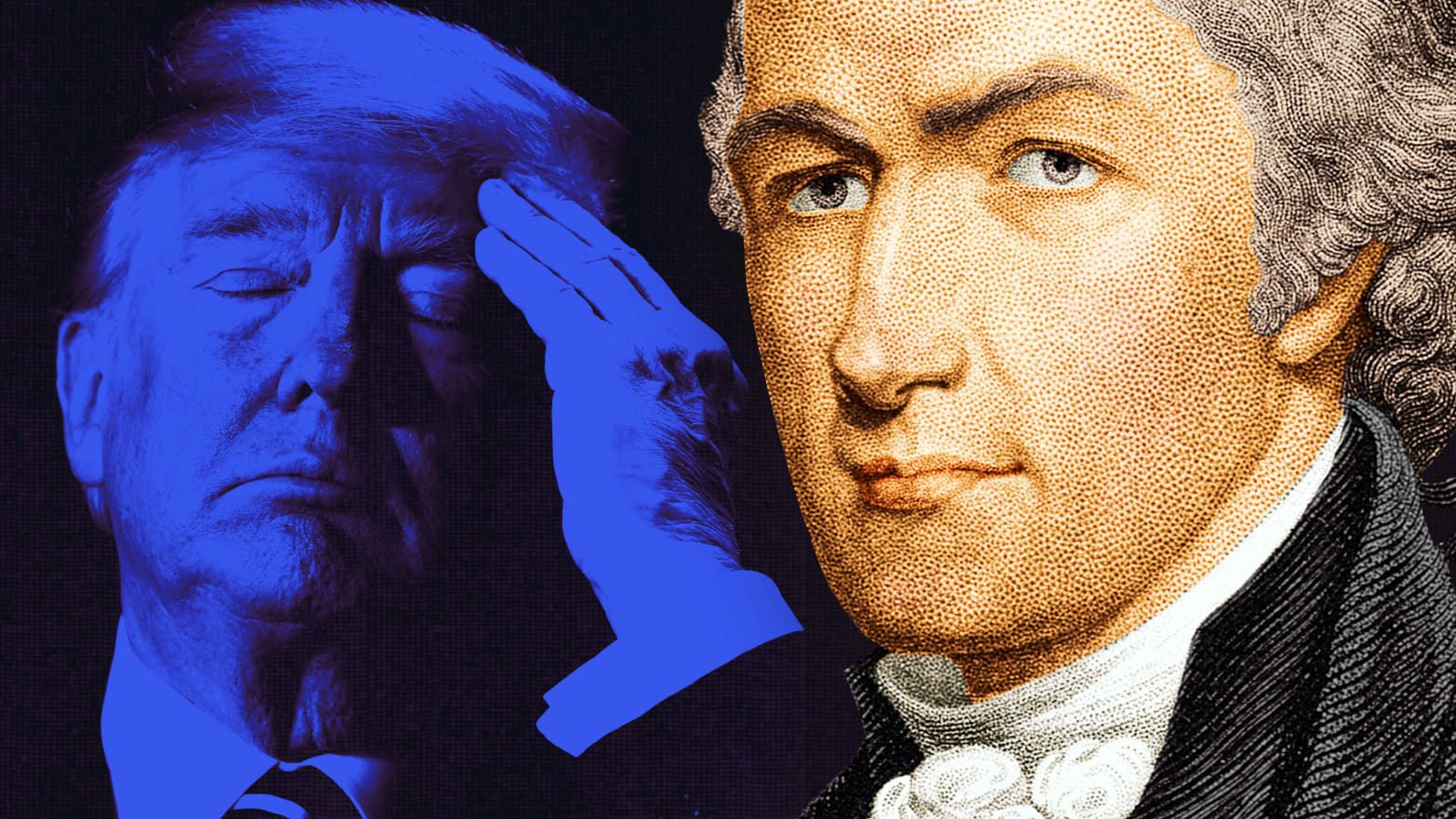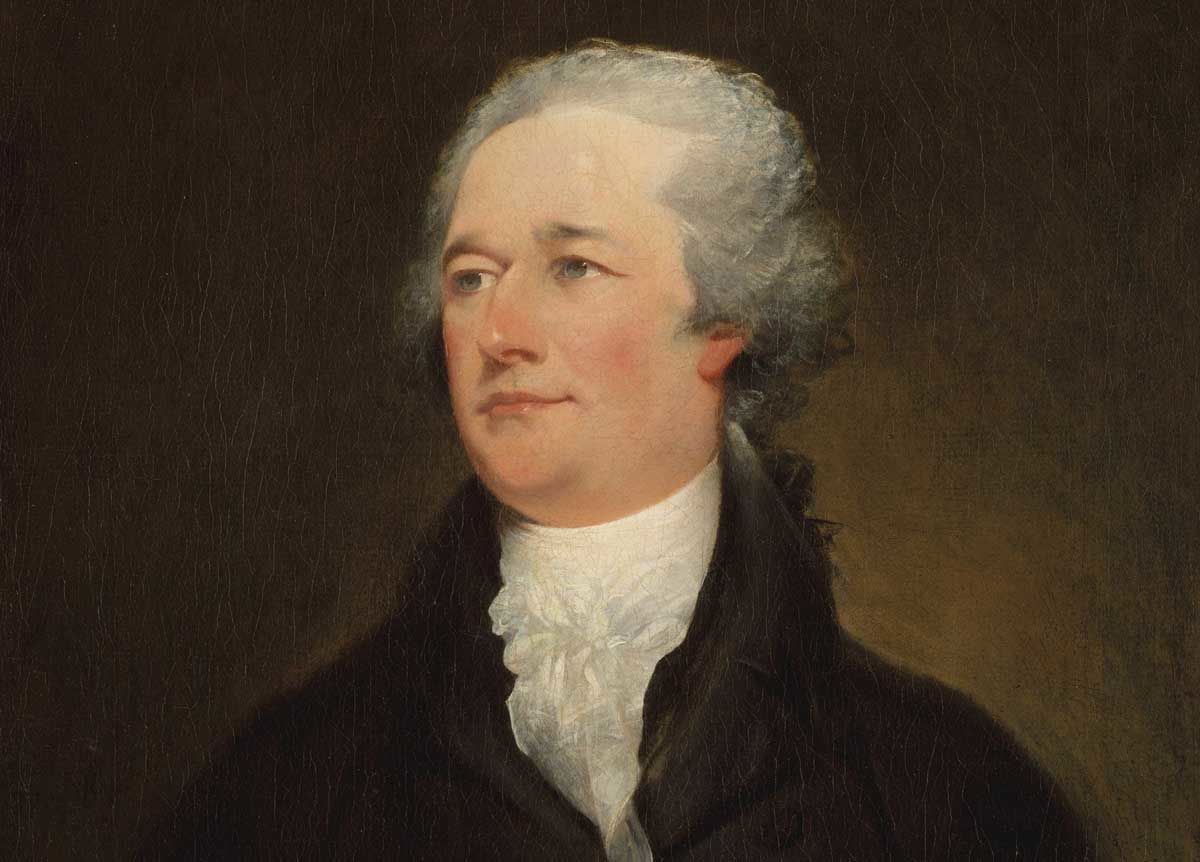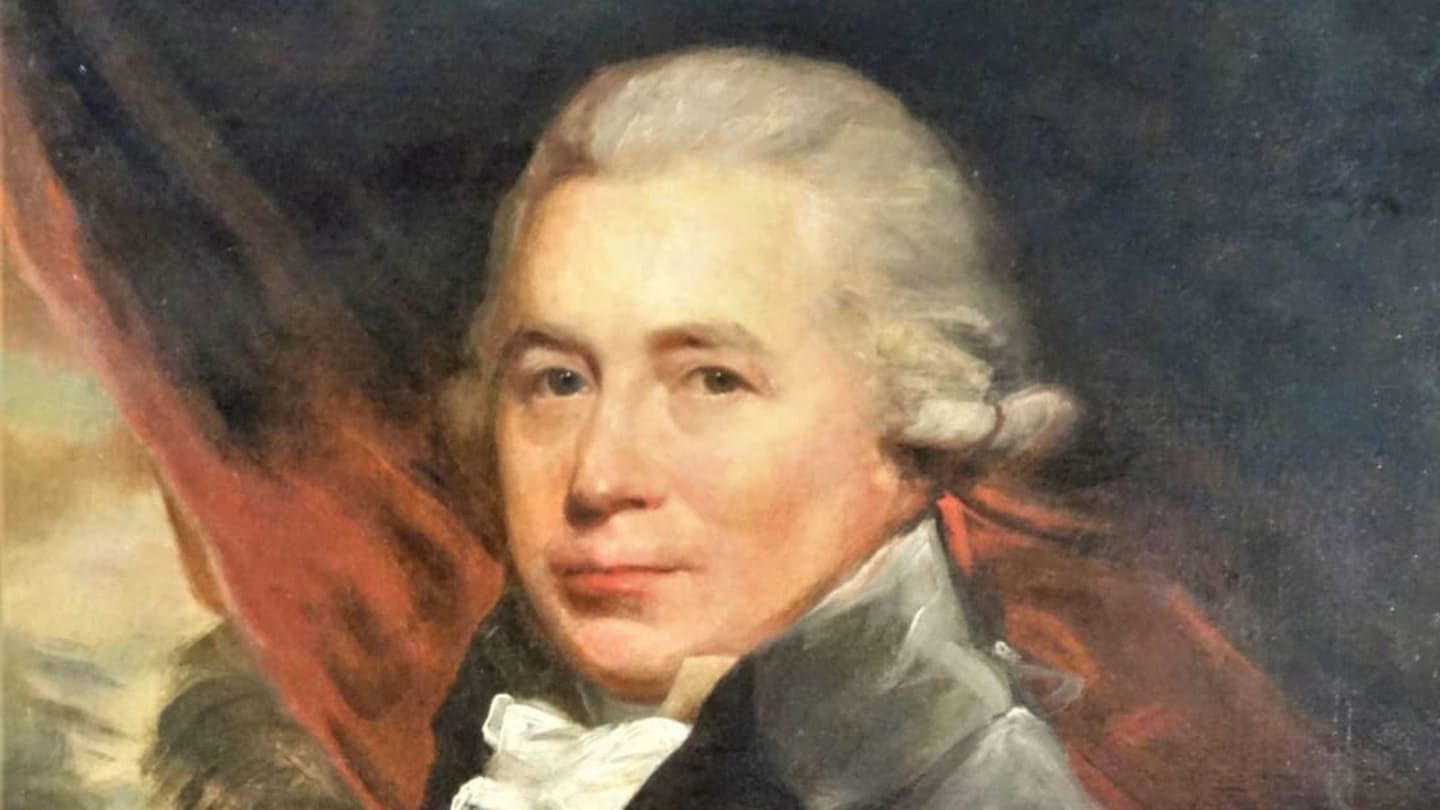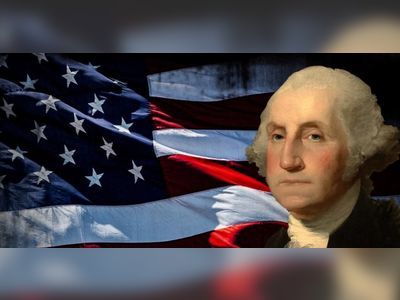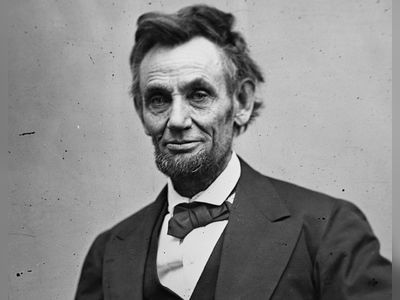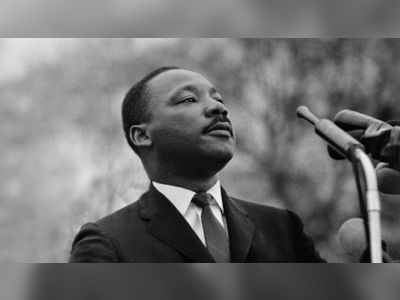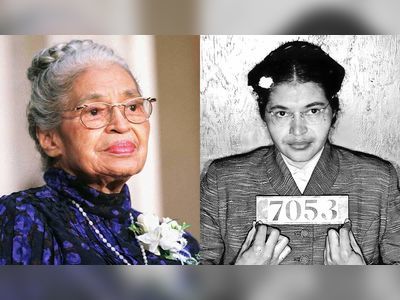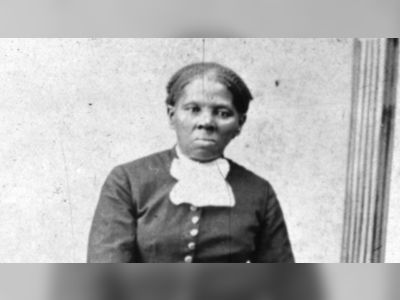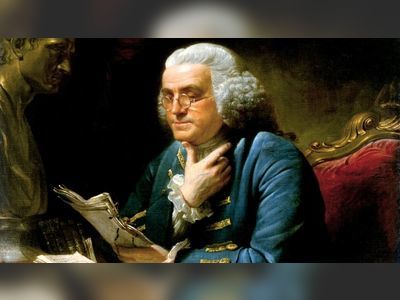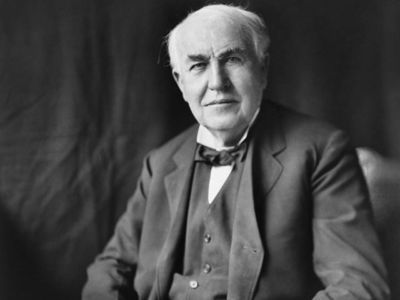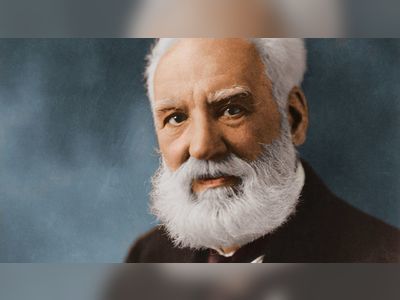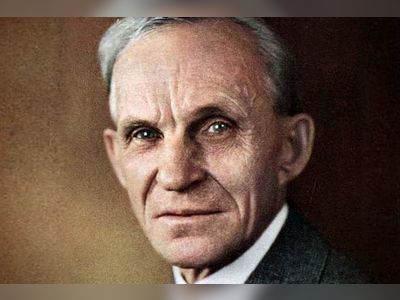American Talent
The Greatest That Made It Great
American ingenuity architects
A chronicle of brilliance
Economist and Founding Father Alexander Hamilton
Alexander Hamilton's life exemplified the triumph of the human will and the efficacy of reason. The chances he took advantage of in America allowed him to rise from obscurity on an uninhabited island to the highest levels of American politics and business. It is due in large part to his efforts as a Founding Father, economist, and the first Secretary of the Treasury that the United States has become the economic superpower and governance model that it is today. Despite his imperfections and untimely death, his vision and brilliance have left an indelible mark on American history.
Alexander Hamilton, who was born illegitimately in the Caribbean and raised by a foster family, went on to become one of the most consequential men in American history. His commitment to the growth of the United States and his natural genius as a Founding Father, first Secretary of the Treasury, and visionary economist formed the economic and political foundations on which the country now stands.
There was controversy throughout Hamilton's political career. Both his extramarital affair and his fierce opposition to his competitor Thomas Jefferson damaged his reputation. The importance of his achievements was not reduced by the controversy surrounding him.
From Invisibility to the Front Lines
Tragedies and difficulties marred Hamilton's early life from the time of his birth in 1755 on the island of Nevis in the British West Indies. However, he did not let his hardships dampen his drive or his mind. After meeting a New York merchant, he moved to the mainland colonies and attended what is now Columbia University (then known as King's College). When the American Revolution began, Hamilton dropped out to start an artillery unit and eventually became a trusted advisor to General George Washington.Constitution and the Federalist Papers
Hamilton's oratory and conviction in the necessity of a strong central government came to the fore after the conflict. In support of the passage of the United States Constitution, Hamilton co-wrote a series of articles with James Madison and John Jay titled The Federalist Papers. These essays, which reflect Hamilton's mastery of law and government, are still widely cited as authoritative interpretations of the Constitution.Economic Policy and Treasury Secretary
In 1789, after being nominated by President Washington, Hamilton took on the groundbreaking post of Secretary of the Treasury. These controversial but momentous moves included the establishment of a national bank, the consolidation of state debts under federal control, and the implementation of tariffs to protect emerging industries. The goals of Hamilton's programs were to increase economic activity, consolidate power, and encourage thrifty spending.Influence and Legacies in Politics
Hamilton's influence was felt far beyond the realm of economics. He was the driving force behind the formation of the Federalist Party, the first major American political organization. His rulings on constitutional interpretation established norms for expansive federal power that have endured to this day.There was controversy throughout Hamilton's political career. Both his extramarital affair and his fierce opposition to his competitor Thomas Jefferson damaged his reputation. The importance of his achievements was not reduced by the controversy surrounding him.
